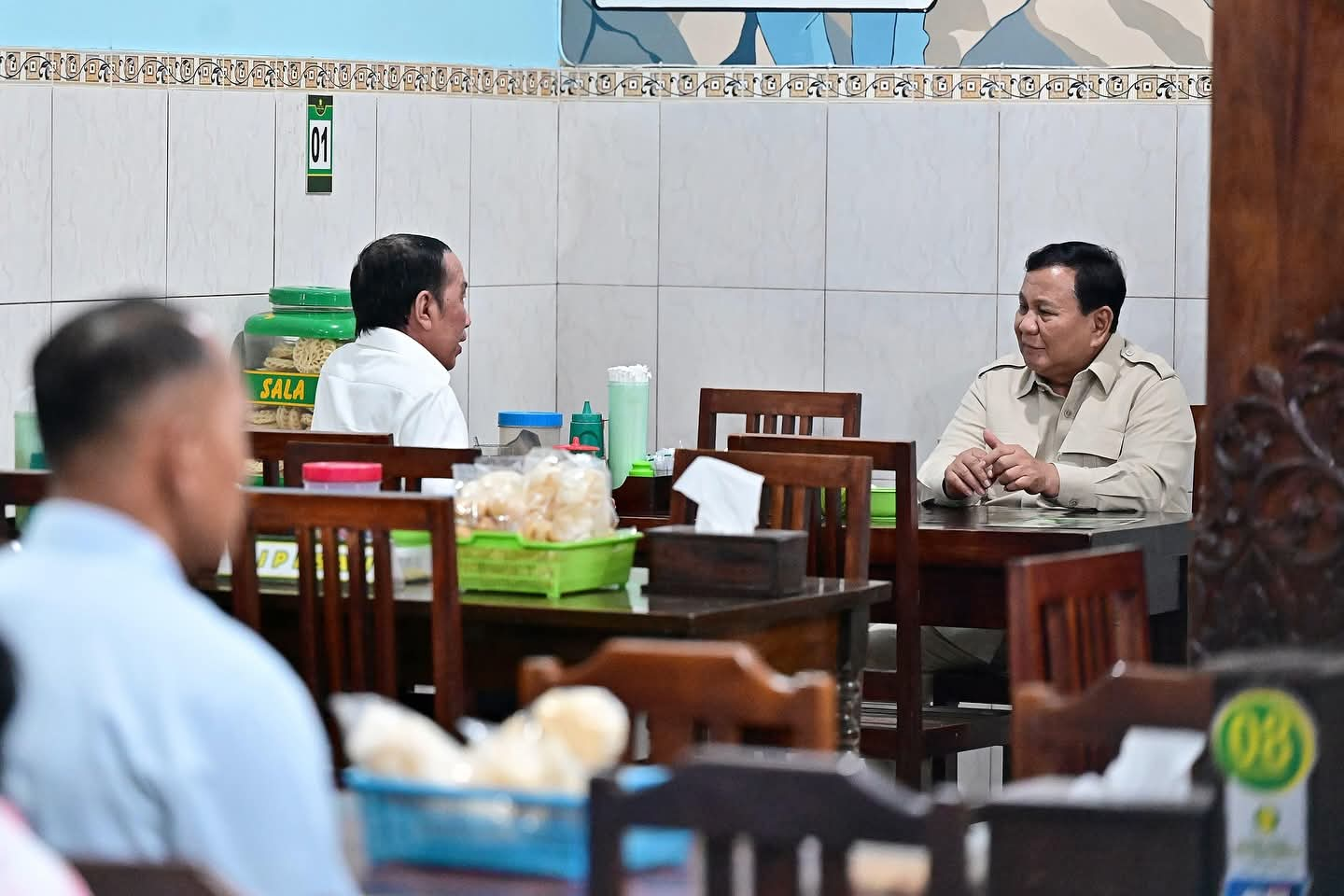President Prabowo’s Remarks on Civil Movements Stir Human Rights Concerns
JAKARTA, RAKYAT NEWS – Amnesty International Indonesia has criticized President Prabowo Subianto for his recent statement accusing civil society protests, such as Indonesia Gelap, of being funded by corrupt individuals. The organization views the president’s remarks as a serious threat to freedom of expression and the legitimacy of peaceful protests in a democratic society.
“The President’s claims are a direct attack on freedom of expression and the right of citizens to protest lawfully and peacefully,” said Wirya Adiwena, Deputy Director of Amnesty International Indonesia. “Such statements aim to delegitimize civil society movements by spreading baseless accusations to the public. There is no credible evidence to support what the President said.”
Adiwena compared this tactic to former U.S. President Donald Trump’s strategy of discrediting migrants and asylum seekers by spreading disinformation to undermine their rights. He warned that these kinds of narratives are commonly used by authoritarian regimes to silence dissent and avoid public accountability.
This is not the first time President Prabowo has targeted civil society voices. In the past, he accused non-governmental organizations (NGOs) of serving foreign interests and attempting to sow division, particularly when they criticized or monitored government actions. Instead of engaging with the substance of public criticism, Prabowo has frequently chosen to attack the motives and credibility of his critics.
Amnesty International warns that the president’s repeated efforts to discredit NGOs, activists, and civic movements foster a dangerous narrative—one that portrays dissenters as enemies of the state or allies of corrupt powers. “Such rhetoric mirrors that of authoritarian regimes that fear transparency and public scrutiny,” Adiwena added.
The organization called on the President to immediately stop making unfounded accusations against civil society groups. Amnesty emphasized the importance of guaranteeing public access to lawful and peaceful means of protest, especially in a democratic country like Indonesia.
President Prabowo’s controversial remarks were delivered during the Indonesian Solidarity Party (PSI) Congress held in Solo on Sunday, July 20. He alleged that civic protests like Indonesia Gelap and the viral hashtag #KaburAjaDulu were orchestrated and financed by corrupt actors.
“There are people playing smart, acting like leaders, but all they spread is pessimism. ‘Indonesia is dark, better to run away.’ Run away? Go on then!” Prabowo said during his speech. “It’s all fabricated. Paid for. By whom? By those who want Indonesia to be chaotic, poor. These corrupt people are funding those protests,” he continued.
This is the second time Prabowo has publicly questioned the legitimacy of Indonesia Gelap. In February 2025, during a speech at the Democratic Party Congress in Jakarta, he also dismissed the narrative of a “dark Indonesia” as unpatriotic and misleading.
Indonesia Gelap became a rallying theme for student and civil society protests held across multiple cities from February 17 to 21, 2025. The demonstrations highlighted widespread dissatisfaction with the Prabowo-Gibran administration’s first 100 days, criticizing policies related to budget cuts, controversial mining legislation, and delays in passing the Asset Forfeiture Law.
Simultaneously, the hashtag #KaburAjaDulu trended on social media, expressing netizens’ frustration and satirical calls to leave the country in response to what they perceived as anti-democratic and anti-people governance.
Earlier, during a speech on Pancasila Day (June 2), President Prabowo also accused foreign powers of funding NGOs to create internal discord in Indonesia. “For hundreds of years they’ve divided us. Even now, they use money to fund NGOs under the guise of democracy, human rights, and press freedom. But that’s their version of it,” he declared.
Amnesty International has strongly urged President Prabowo to adopt a more democratic tone and to respect civil liberties, warning that continued hostility toward civil society endangers Indonesia’s democratic fabric.(Uki Ruknuddin)


Tinggalkan Balasan Batalkan balasan